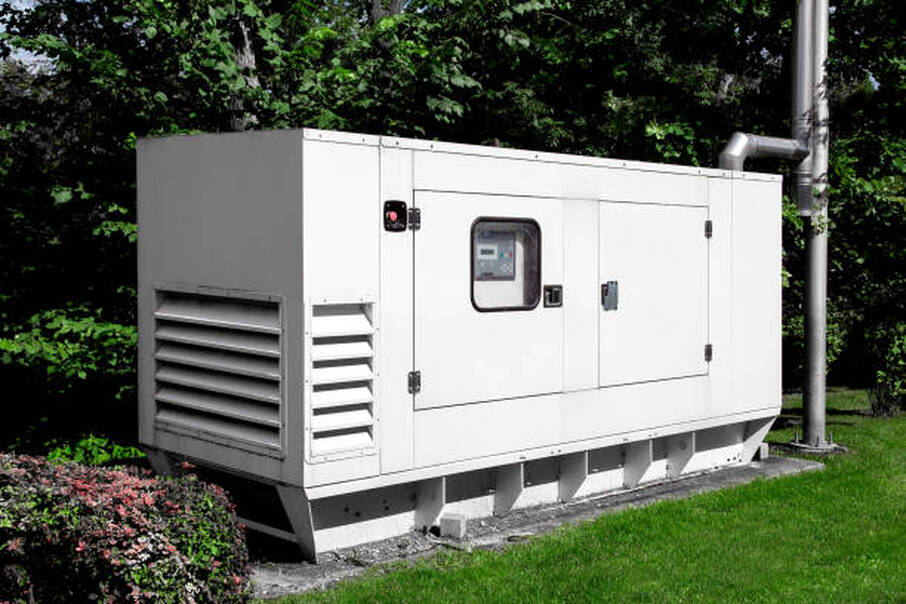 Petrol and diesel generators are two common types of power generators available in the market. They are highly effective and efficient, but the durability and maintenance requirements of petrol and the use of fuel is very important. In addition, the maintenance requirements of a petrol or diesel generator depend on the reliability of the machine. However, it is important to note that both types require different types of ignition systems. A petrol engine requires an ignition system to start while a non-petrol engine does not. Furthermore, the temperatures of a diesel generator are lower, which means reduced wear and tear. There are also certain disadvantages to petrol generators. The petrol engine produces more noise than its diesel counterpart. The former is better in terms of performance, but diesels have more maintenance costs. This means that they may be less expensive in the beginning but will require more frequent maintenance. In addition, diesel engines are known to be more efficient over time. Although petrol engines are more expensive than diesel ones, they last longer. The diesel generator also produces more noise than the petrol counterpart. Both types of generators work on the same principle. The only major difference between them is their fuel consumption. Petrol generators are more efficient, but the difference in efficiency is minimal. Compared to their diesel counterparts, petrol generators are heavier and therefore require larger fuel supplies. If you're using a diesel generator, the best choice is the latter. The cost of fuel will also depend on the size of the tank you purchase for it. When choosing between petrol and diesel generators, you'll need to consider the fuel consumption. The Diesel fuel tanks is much lighter and easier to carry, which is a great advantage if you have to transport the generator up and down several levels in a building. But it's important to consider the running costs, as petrol generators consume fuel more slowly than diesel ones do, so it's recommended to purchase a diesel unit if you're unsure of what fuel consumption level you need. Apart from being more fuel-efficient, both types of diesel generator generate heat. A petrol generator will create more heat than its diesel counterpart, which will cause more frequent maintenance. Its life span is also significantly reduced. This is because a petrol generator is not used for continuous high-load operation for long periods. So, it's best to go for a diesel generator if you're running a generator at higher load. Another difference between petrol and diesel generators is the fuel. While both fuels are equally efficient, petrol is more volatile and produces more heat than its counterpart. It can also cause a generator to depreciate faster. That's why, a diesel generator will last longer. But if you're looking for the most energy-efficient option, you'll probably want to choose a petrol engine. There's a lot to be said for both of these fuel types. Knowledge is power and so you would like to top up what you have learned in this article at https://simple.wikipedia.org/wiki/Diesel_generator.
0 Comments
Leave a Reply. |
AuthorWrite something about yourself. No need to be fancy, just an overview. ArchivesCategories |
 RSS Feed
RSS Feed
